Do you know the distinction between olive oil and extra virgin olive oil?
If you are seeking innovation in your culinary endeavors, it is essential to understand the differences.
This article delves into the production process, quality, taste, and culinary uses of these two popular oils.
By the end, you will hopefully have a newfound appreciation for the unique characteristics each one brings to the table.
So, dive in and explore the world of these two oils.
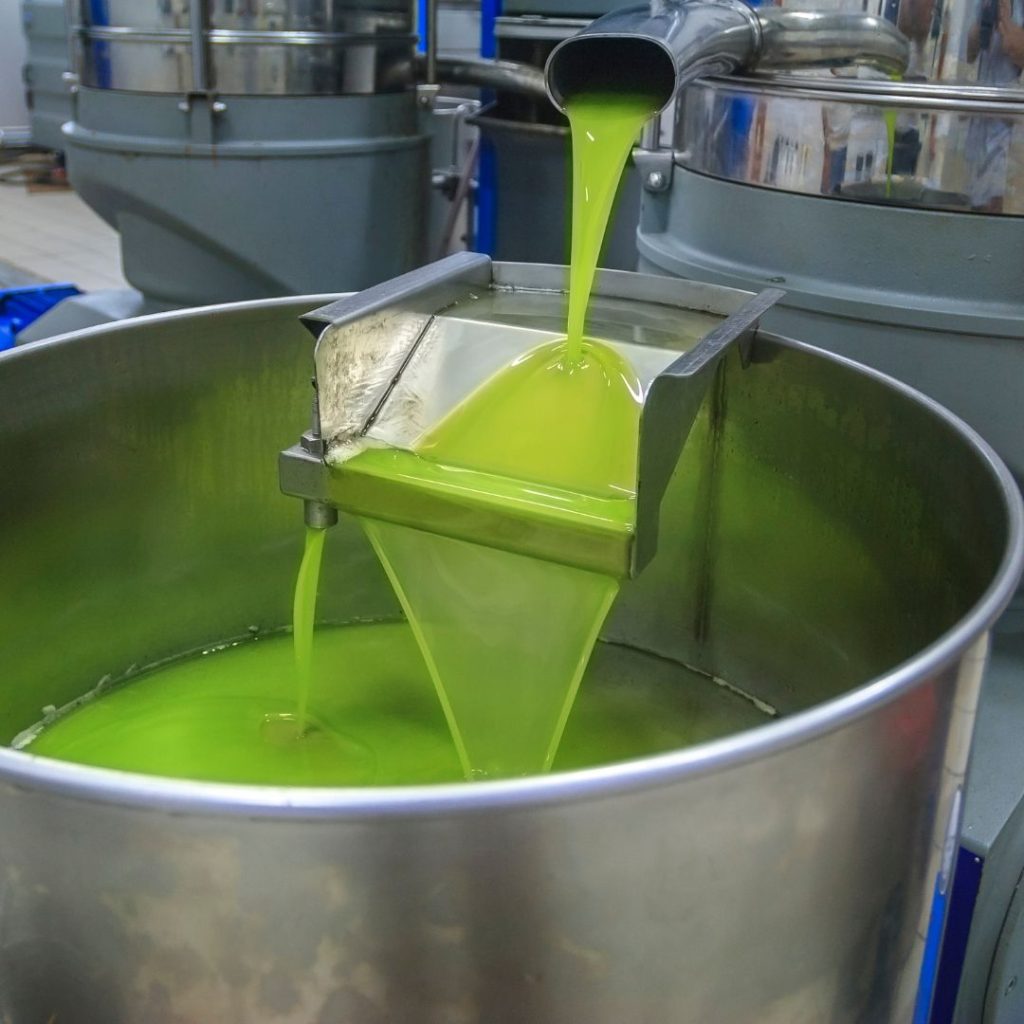
Production Process of Olive Oil and Extra Virgin Olive Oil
Olive oil and extra virgin olive oil vary in the production process.
In olive oils, olives are typically harvested at various stages of ripeness, while extra virgin olive is made only with perfectly ripe olives to ensure quality.
Olive oils also usually undergo a mix of pressing, heat, and chemicals to extract the oil.
Extra virgin olive oil is extracted with cold-pressing and without heat or chemicals, which helps preserve natural flavors and nutrients.
Olive oil is more versatile but may not offer the same level of purity.
Overall, extra virgin olive oil is the premium choice because of its minimal processing.
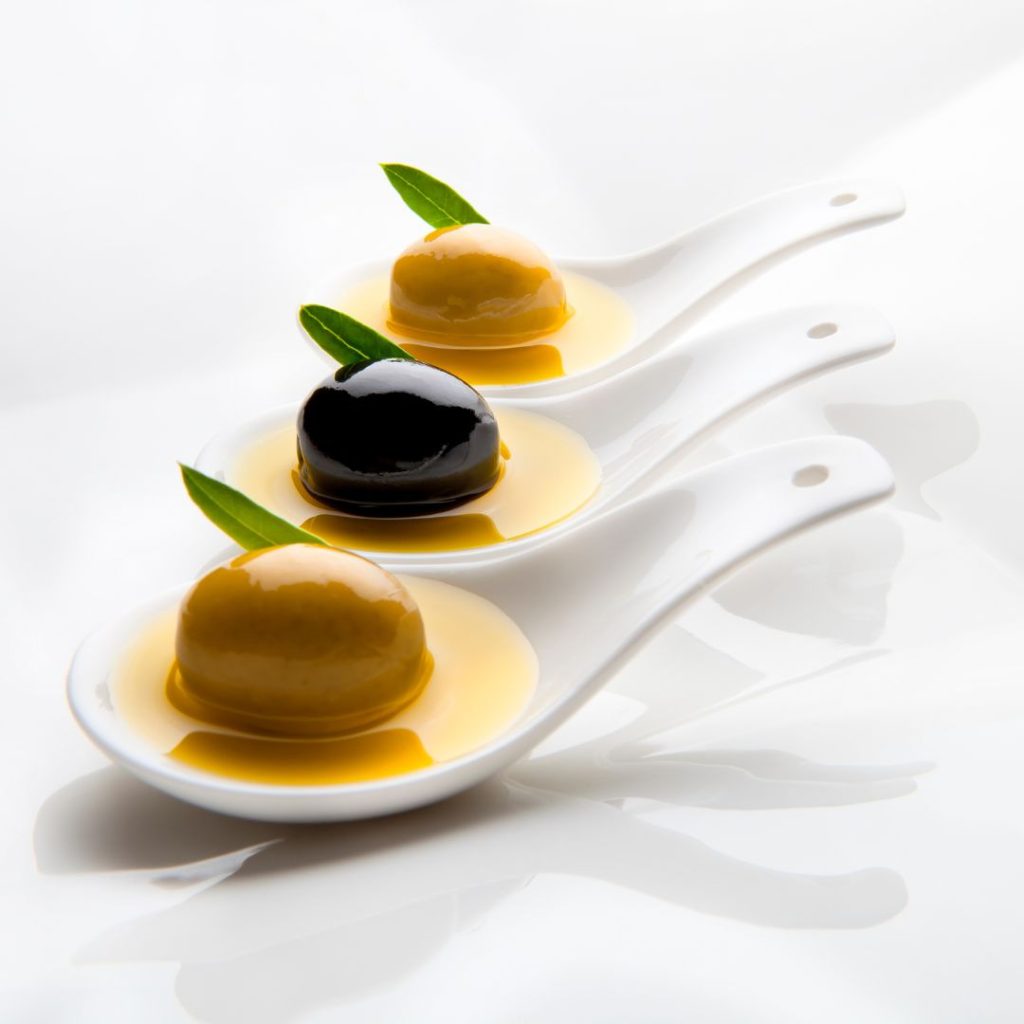
Quality and Taste Olive Oil and Extra Virgin Olive Oil
Differences in production and extraction processes play a pivotal role in determining the quality and flavor of olive oil and extra virgin olive oil.
As detailed earlier in this article, the extraction of extra virgin olive oil is distinguished by its exclusion of chemicals and excessive heat.
This approach safeguards its distinctive and bold flavor profile, characterized by robust, fruity notes.
In contrast, standard olive oil undergoes more extensive processing, which ultimately yields a milder flavor profile.
This additional processing, however, comes at the cost of reduced health benefits.
Extra virgin olive oil emerges as the standout choice, coveted for its unparalleled quality and flavor, and sought after for its multifaceted utility in both culinary and health domains.

Culinary Uses
Olive oil and extra virgin olive oil offer distinct culinary advantages, with the choice contingent on flavor preferences and cooking methods.
Extra virgin olive oil often shines in dishes where its flavor can stand out, such as enhancing salad dressings, drizzling over grilled vegetables, or serving as a dip for bread.
It is also excellent as a flavor enhancer or a finishing touch to dishes like pasta, soups, or grilled meats because of its robust and fruity flavor.
Compared to extra virgin olive oil, the regular counterpart is known for its versatility.
Its versatility shines in high-heat cooking techniques like sautéing, frying, and roasting because of its higher smoke point.
Regular olive oil serves as an all-purpose cooking oil, including in baking, without dominating the dish with an overwhelming olive flavor.
Extra virgin olive oil is celebrated for its distinctive flavor and complements dishes where its taste can be prominently featured.
Conversely, regular olive oil offers versatility and is suited to a wide range of cooking methods, especially when a more subdued olive flavor is desired.
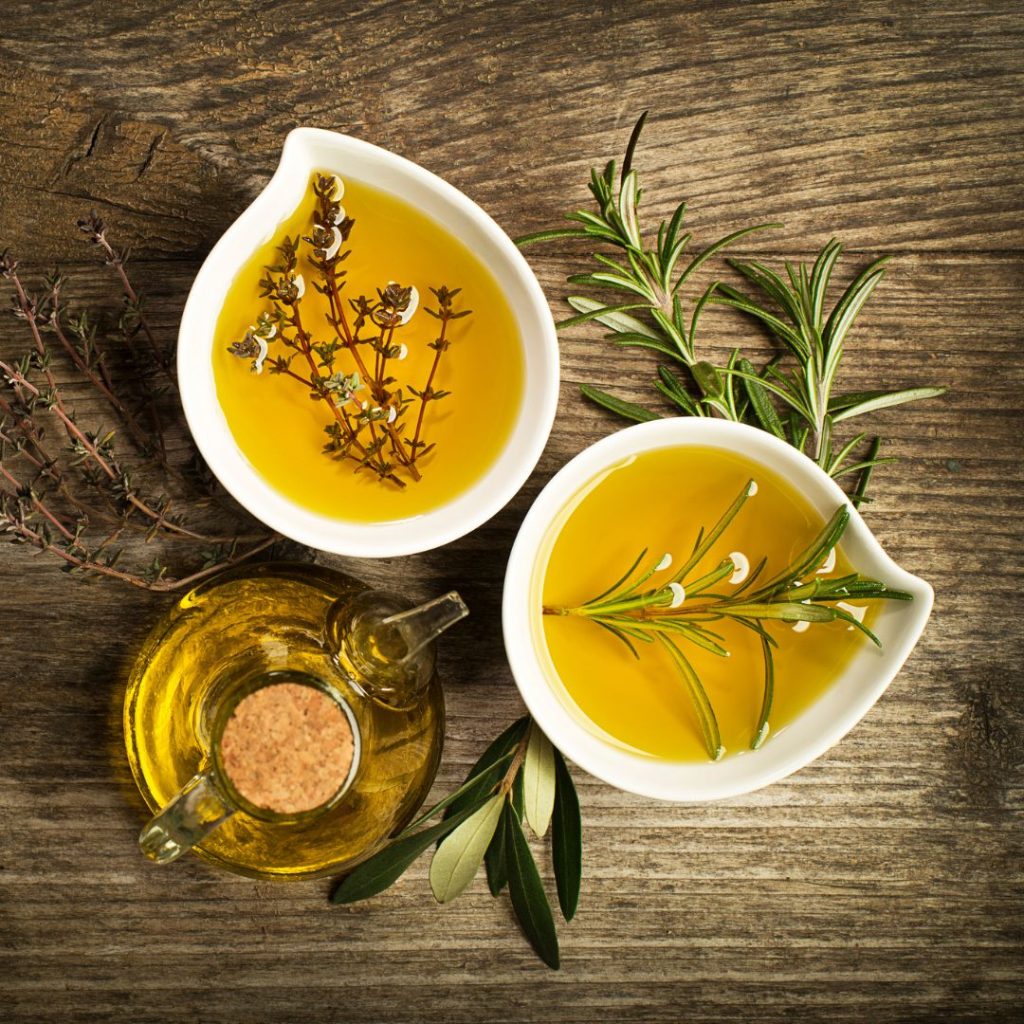
How do you choose between the two?
When choosing between extra virgin olive oil and regular olive oil, consider your flavor preference and cooking method.
As previously mentioned, extra virgin olive oil offers a rich olive flavor, best for salads and drizzling, while regular olive oil has a milder taste, suited for high-heat cooking.
For Mediterranean dishes and robust flavor, you should definitely go for extra virgin olive oil.
If you need versatility and a neutral taste, it might be better to choose regular olive oil.
While both have health benefits, extra virgin olive oil is often seen as the healthier choice due to its antioxidants.
Overall, having both types in your kitchen covers various culinary needs.
 Shop Top-grade Extra Virgin Olive Oils From Olive Oil Lovers
Shop Top-grade Extra Virgin Olive Oils From Olive Oil Lovers Craving the convenience of having organic extra virgin olive oil delivered straight to your doorstep? Olive Oil Lovers has got you covered!
Olive Oil Lovers dedicates their business to providing you with the absolute finest extra virgin olive oil. They carefully select and handpick each bottle, ensuring you receive only the highest quality products. They believe in the exceptional taste and health benefits of top-notch olive oil, and their commitment is to share that love and quality with you.
Click the link below, and you can order your bottle of this premium olive oil right now. It's a flavorful addition to your kitchen that you won't want to miss out on!




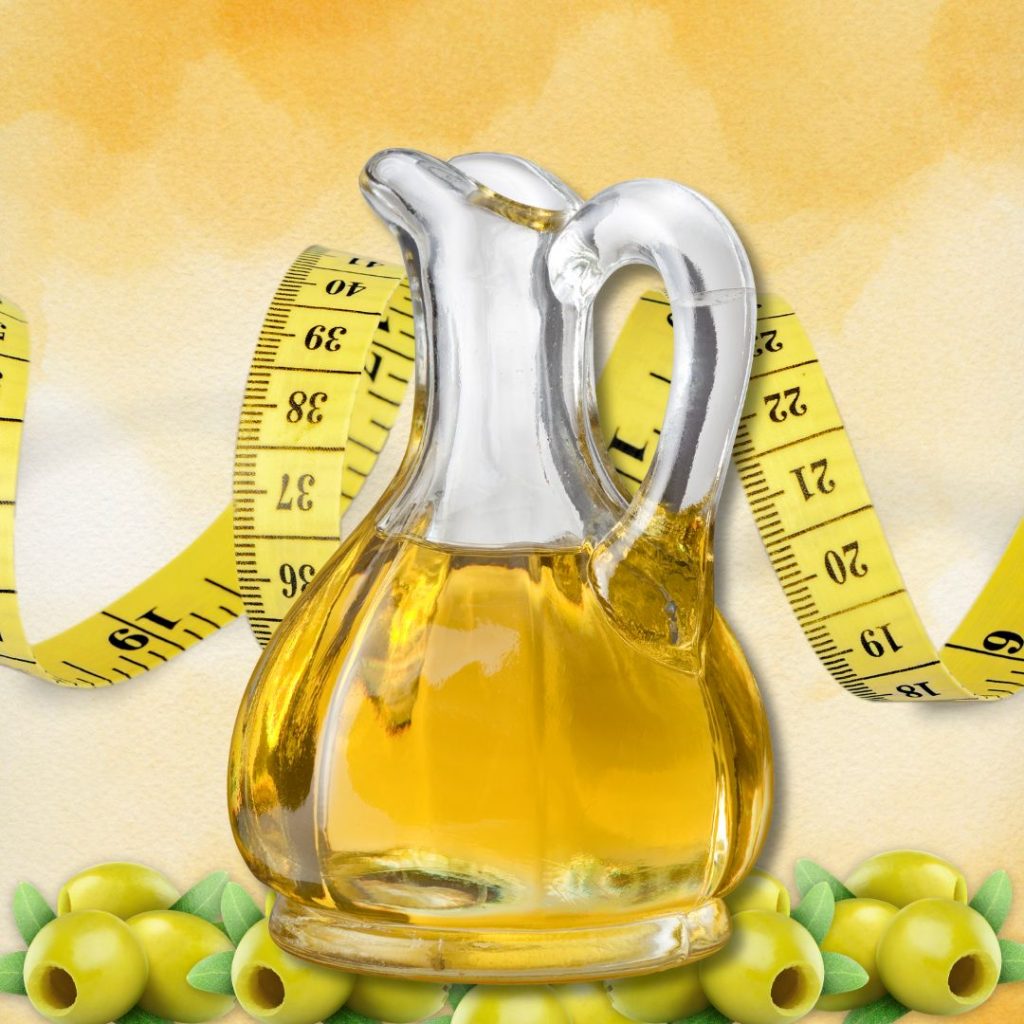
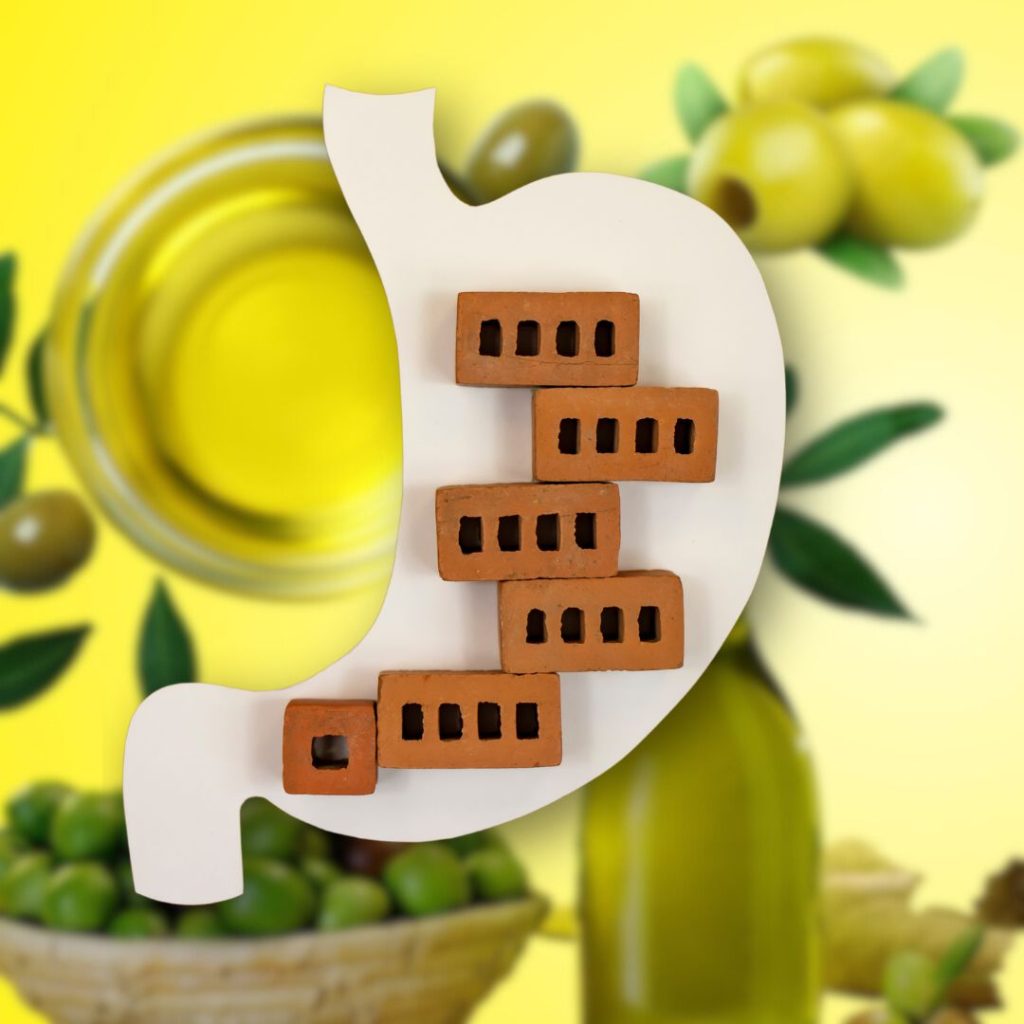
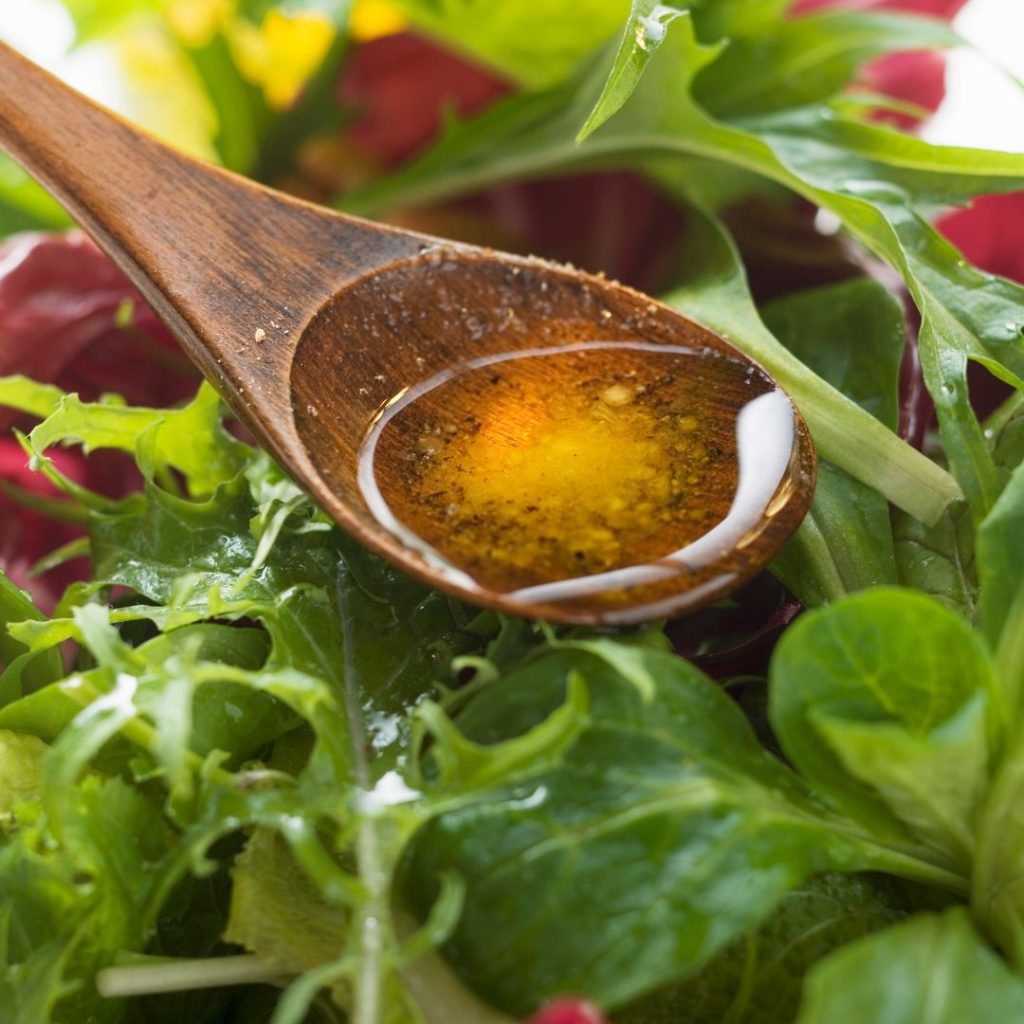
Konnichiwa! (Hello!) I'm Pat Tokuyama, a Japanese tofu cookbook author, who travels for music, food, and adventure. If you like Japanese tea, checkout some of the newestorganic japanese tea, matcha bowls and noren and more!
** Curious about the Plant Based Japanese Cooking Club? ** Learn more here!